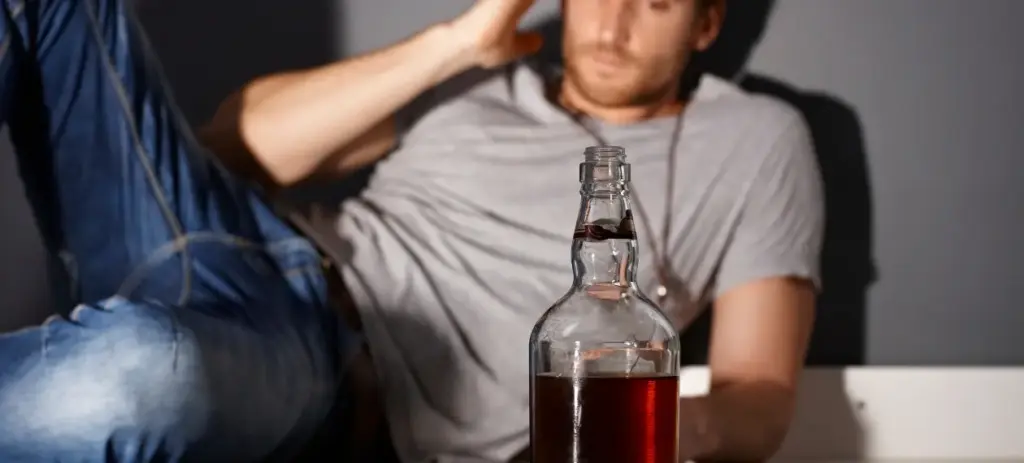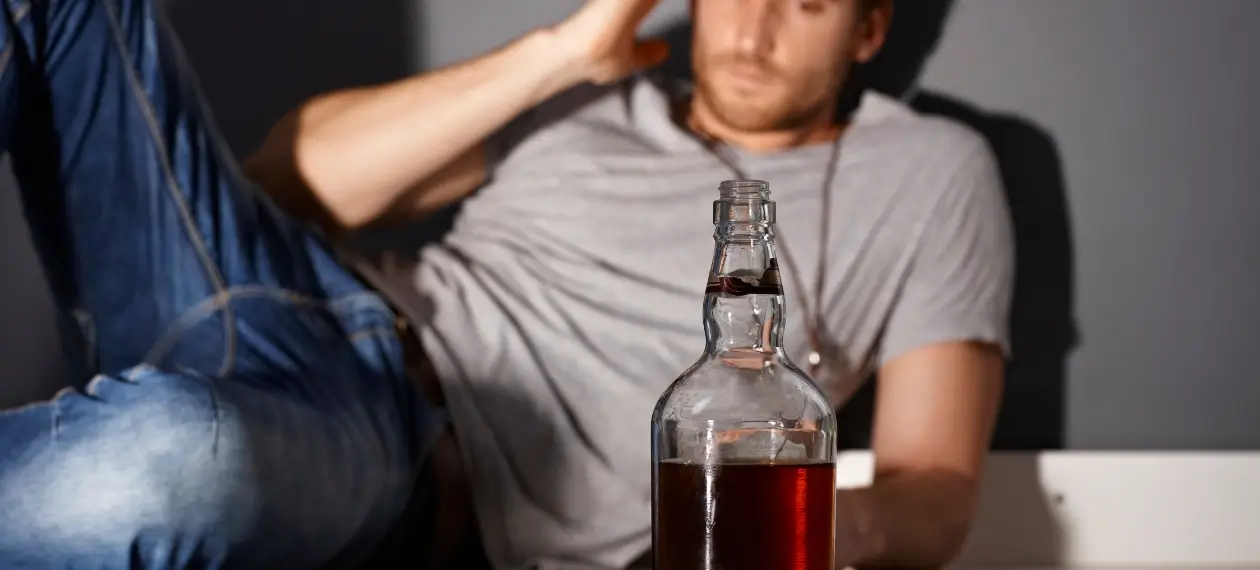
How to Support an Active Addict: Effective Strategies and Tips
What is Active Addiction?
An active addict is someone deeply involved in using substances, which affects their daily life.
In this article, you’ll learn how to recognize the signs, understand their struggles, and find ways to offer support.
Key Takeaways
- Active addiction is characterized by a lack of control over substance use, affecting both mental health and daily functioning.
- Empathy and education are crucial when approaching an active addict, focusing on treatment encouragement in a non-judgmental manner.
- Family support and healthy boundaries play a significant role in the recovery process, while professional treatment options and coping strategies are essential for both addicts and their loved ones.
Understanding Active Addiction

Active addiction is more than just occasional substance use; it’s an overwhelming cycle that takes control of one’s life, affecting daily functioning and overall well-being. Individuals in active addiction often experience profound changes in their brain function, which impairs decision-making and impulse control, creating a vicious cycle that’s hard to break.
One of the most defining characteristics of active addiction is the inability to stop using the substance despite wanting to and understanding its harmful consequences. The lack of control or willpower regarding substance use is a hallmark of drug addiction, often leaving individuals feeling powerless and stuck in a recurrent pattern. Substance abuse is a critical issue that compounds these challenges.
The journey to active addiction typically progresses through stages: initial use, misuse, dependence, and finally, earlier addiction. Various forms of factors like mental health, social environment, and genetic predisposition can influence this transition, including drug use and addictions. Understanding these stages and influences is crucial in comprehending the depth of an addict’s struggle.
Active addiction often involves a cycle of behavior that includes periods of use, withdrawal, and attempts to quit, frequently leading to relapse. This cyclical nature underscores the importance of continuous support and effective treatment strategies to help individuals break free from the grip of drug or alcohol addiction and address the problematic pattern of intense cravings.
Recognizing the Signs of an Active Addict

Recognizing the signs of an active addict can be challenging, but certain behaviors and physical changes can serve as red flags. Mood swings and defensiveness when questioned about their behavior are common indicators. A noticeable loss of interest in activities they once enjoyed can also signal a shift in priorities due to substance use.
Active addicts often exhibit the following behaviors related to behavioral addictions:
- Change their social circles, gravitating towards peers who share similar destructive behaviors.
- Attempt to hide their alcohol addiction, which can lead to increased isolation.
- May hoard, hide, or control access to alcohol or street drugs to manage their addiction secretly.
Physical signs of active addiction include:
- Sudden weight fluctuations
- Poor coordination
- Unusual eye appearances, such as bloodshot or glazed eyes
- Common signs of neglecting personal hygiene and appearance, reflecting the overwhelming control the addiction has over their life.
Common Reasons for Hiding Active Addiction
Many individuals struggling with active addiction hide their situation due to fear of getting caught, losing respect, or disappointing their support system. The fear of shame, judgment, or disappointment from a loved one’s addiction often drives them to conceal their addiction.
Societal shame and the stigma associated with mental health conditions and mental disorders can further discourage individuals from seeking help for mental illness. Additionally, the fear of experiencing strong withdrawal symptoms and the associated suffering often prevents many from breaking free from the cycle of addiction, leading to negative consequences.
How to Approach an Active Addict

Approaching an active addict requires compassion, understanding, and a trauma-informed perspective. At Legacy Healing Center, we believe recovery begins the moment a person feels seen and supported—not shamed. It’s crucial to understand and convey that addiction is a disease, which helps in fostering a supportive and non-judgmental environment.
Encourage addiction treatment without instilling shame or guilt. Offer understanding and refer them to a mental health professional or support group rather than making them feel blamed. If they are struggling, it’s important to encourage them to seek treatment.
Supporting someone with addiction requires patience. Recognizing the long and challenging recovery process helps you maintain a supportive stance. Consistent support and understanding can make a significant difference.
Supporting an Active Addict: Do’s and Don’ts

Healthy boundaries prevent enabling behaviors and promote a supportive recovery environment. Discuss addiction when neither party is under the influence of substances.
A consistent message of care and concern is important when encouraging a loved one to seek help. Having a safety plan for potential physical violence during discussions can also be beneficial.
Early action in addressing substance use problems can prevent severe consequences. If direct attempts have the same effect as being ineffective, consider formal interventions.
The Role of Family Members in Recovery
Staying optimistic while understanding the unpredictable nature of recovery helps family members support their loved ones. A healthier home environment supports the recovery process through positive reinforcement.
Family members should be present throughout their loved one’s recovery journey, participating in activities and showing consistent support as a family member. Encouragement and accountability are essential for aiding recovery.
Family therapy addresses the relational dynamics influencing substance use within therapeutic communities. It improves communication and rebuilds trust among family members affected by addiction through individual therapy and talk therapy.
Support groups like Al-Anon or Nar-Anon provide shared experiences and emotional support for family members. Educational resources such as books and online programs enhance understanding of addiction and improve support abilities.
Professional Treatment Options
Different therapies that support recovery include:
- Cognitive-behavioral therapy: helps patients recognize and cope with triggers.
- Motivational enhancement therapy: leverages willingness to change, encouraging treatment engagement.
- Group therapy: provides a supportive environment for sharing experiences and recovery strategies.
- Complementary therapies (such as mindfulness, yoga, and art therapy): support recovery by reducing stress.
Medical detox is recommended for safely managing withdrawal symptoms, providing a supervised environment for monitoring and treatment. Professional treatment options guide active addicts towards recovery.
Coping Strategies for Family Members
Practicing self-care is vital for supporters, as managing your well-being helps you better assist someone with addiction. Techniques like exercise and mindfulness maintain emotional well-being while supporting a loved one in recovery.
You need to meet your own needs before caring for someone else. Support groups help family members cope with feelings of guilt and blame that often arise during a loved one’s addiction. It’s important to seek support.
Establishing healthy boundaries helps family members avoid enabling behaviors and focus on their own needs. These boundaries ensure you provide support without compromising your well-being.
Preventing Relapse in Active Addicts

Relapse prevention strategies involve identifying and managing high-risk situations that could lead to substance use. Contingency management significantly reduces relapse rates and helps individuals avoid relapse by providing rewards for maintaining sobriety.
The relapse process includes emotional, mental, and physical stages, each requiring different coping strategies. Cognitive-behavioral therapy helps individuals recognize triggers and develop coping skills.
When to Seek Medical Care
Emergency services should be contacted if an individual exhibits severe withdrawal symptoms or has had a seizure. Severe alcohol use disorder withdrawal may cause delirium tremens, which can occur 48-72 hours after the last drink and requires immediate medical attention.
Individuals with a history of severe withdrawal or concurrent medical issues are at greater risk and should seek immediate medical care. Withdrawal from substances like alcohol and benzodiazepines can lead to life-threatening complications if not medically supervised.
Symptoms of opioid withdrawal, while rarely life-threatening, can be very uncomfortable and may lead individuals to relapse without medical intervention.
Resources for Active Addicts and Their Families
Peer support groups offer community and accountability, vital for maintaining sobriety. 12-step facilitation prepares individuals for participation in support groups like Alcoholics Anonymous.
Resources are critical for both active addicts and their families, providing essential support and information. Utilizing these resources can significantly aid in the recovery process and provide much-needed guidance.
Asking For Help
Supporting an active addict is a challenging journey, but understanding the nature of addiction, recognizing the signs, and knowing how to approach and support a loved one can make a profound difference. Family members play a critical role in recovery, and professional treatment options offer the necessary tools for overcoming addiction.
By utilizing resources, practicing self-care, and establishing healthy boundaries, you can provide effective support while maintaining your well-being. Remember, recovery is a long process, but with patience, empathy, and the right strategies, it is possible to help your loved one find their path to sobriety.
Legacy Healing Center is a nationwide addiction treatment center that specializes in addiction medicine and dual diagnosis. Our addiction experts can help you or your loved one begin the journey to recovery, and the first step is calling 888-534-2295. Our addiction specialist can help you learn about local treatment options, our different levels of care, help you understand your insurance benefits, and even coordinate same-day admission to treatment center.
It’s never too late to get sober – you are one call away from a different life. Call today.
Frequently Asked Questions
What are the key signs of active addiction?
The key signs of active addiction are unusual mood swings, defensiveness, loss of interest in previously enjoyed activities, changes in social circles, and noticeable physical changes like sudden weight fluctuations and poor coordination. Recognizing these signs early can be crucial for intervention.
Why do individuals with active addiction hide their condition?
Individuals with active addiction often hide their condition due to fear of judgment, shame, and potential consequences such as losing respect or facing withdrawal symptoms. This concealment reflects the significant stigma surrounding addiction in society.
How can family members support a loved one in recovery?
Family members can effectively support a loved one in recovery by fostering optimism, creating a healthy home atmosphere, engaging in family therapy, and educating themselves about addiction. This proactive involvement not only aids the recovery process but also strengthens family bonds.
What are some effective relapse prevention strategies?
Identifying high-risk situations and utilizing coping skills from cognitive-behavioral therapy and dialectical behavior therapy can help recognize triggers and are key strategies for effective relapse prevention. Implementing these approaches when struggling with substance use disorder can significantly enhance your ability to maintain recovery.
When should medical care be sought for someone with active addiction?
Anyone smuggling with drug abuse or substance use disorder should seek an addiction treatment program, especially if they have an active addiction and use substance regularly. Medical attention is need if they experience severe withdrawal symptoms like seizures or delirium tremens, especially if there’s a history of severe withdrawal or existing medical issues. Prompt attention is crucial in these situations and prescription medications can be given to reduce the experience of substance abuse withdrawal if the person enters into medical detox.






 Verify Insurance
Verify Insurance